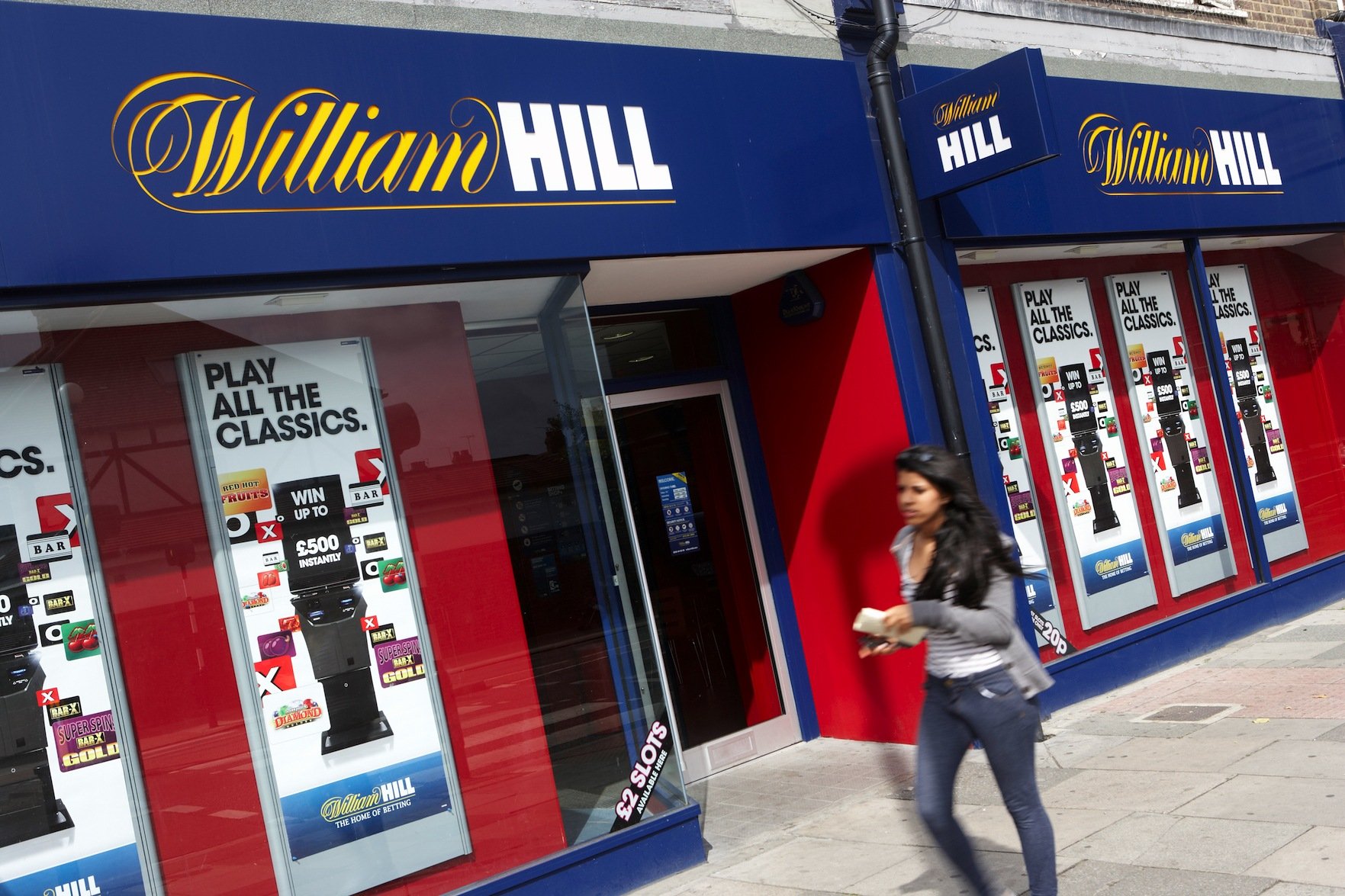William Hill’s Profits Slump on Shift from Retail to Digital Betting
Posted on: August 2, 2017, 12:55h.
Last updated on: August 2, 2017, 11:58h.
Sports betting stalwart William Hill has seen a steep decline in profits for the first half of 2017, according to its latest financial reports. The company cites unfortunate soccer results and a decline in land-based betting as primary causes, but also looks at growing online wagering numbers as a reason to be optimistic in the face of business shifts.

Profits before interest and tax fell 11 percent compared to 2016 results, from $162 million to $144 million, though revenue of $1.1 billion was up three percent.
Like its main competitor, Ladbrokes Coral, which posted its own H1 results last week, the bookmaker saw a sharp rise in online betting, but it wasn’t enough to offset the dip in the retail sector.
This trend is concerning for William Hill because retail betting still accounts for more than half of the company’s revenue, while a forthcoming government review in the UK is likely to tighten regulations for the retail sector and lower maximum stakes on its fixed odds betting terminals.
Online betting currently comprises about 35 percent of William Hill’s revenue.
International Success, Digital Crossover
Philip Bowcock, William Hill’s recently appointed chief financial officer, painted an upbeat picture, praising the company’s international business and efforts to expand online offerings.
“Internationally, our US business continues to perform well and in Australia we are competing hard and diversifying our product range,” he said. “Our product improvements combined with improved marketing have seen both existing customers respond positively, and the number of new customers start growing again during the period.”
William Hill said that the growth of its digital arm had been boosted by mobile, which accounted for 81 percent of online sports book net revenue, up 70 percent on last year.
Despite this shift, the company reaffirmed its commitment to being an omni-channel bookmaker, catering to both online and land-based customers. It plans to introduce an “omni wallet” project later this year to encourage crossover between the two channels.
Social Media Spend to Increase
Bowcock also said the company is planning for $53 million in cost savings this year, which the company will direct toward marketing, with a focus on social media. He highlighted the #YourOdds initiative, where gamblers can propose and place bets via Twitter, which has generated two million wagers since its inception at the start of 2017.
The campaign engaged a younger audience than the retail sector, Bowcock said. He also highlighted sponsorship of the Anthony Joshua vs. Wladimir Klitschko fight as a successful customer acquisition play.
Bowcock said the company would “engage as appropriate” if a merger or acquisition opportunity arose, but it was not something William Hill was actively pursuing.
Related News Articles
‘Worst Case Scenario’ Wager Slash on FOBTs Pummels UK Bookmaker Stocks
Bet365 Boss Denise Coates Criticized Over Record £265 Million Pay Packet
Most Popular
Mirage Las Vegas Demolition to Start Next Week, Atrium a Goner
Where All the Mirage Relics Will Go
Most Commented
-
Bally’s Facing Five Months of Daily Demolition for Chicago Casino
— June 18, 2024 — 12 Comments -
Chicago Pension Mess Highlights Need for Bally’s Casino
— July 2, 2024 — 5 Comments
















No comments yet